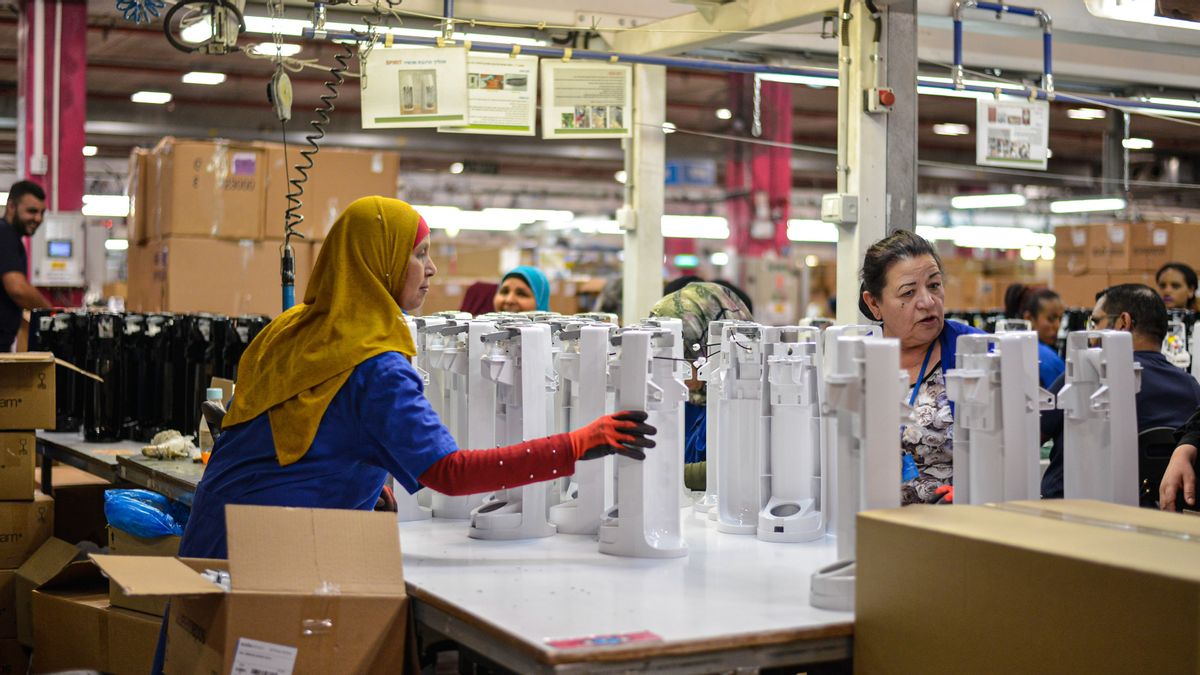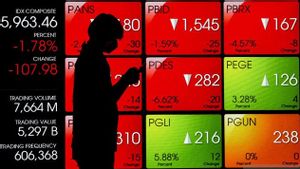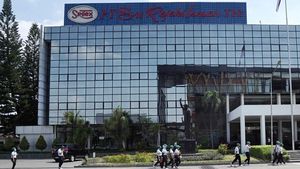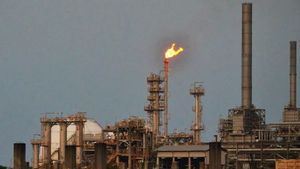YOGYAKARTA Taking into account the components of production costs is important to do in a company. This is needed not only related to products, but also related to marketing company profits and business health.
In general, production costs are a number of funds or costs that must be incurred by the company in order to process or produce basic ingredients as a company's finished product. Production costs are needed to determine the selling price of the product to determine the strategy that must be carried out.
There are five kinds of production costs that are generally used by the company. The five components are as follows.
Components of fixed costs are fixed funds that must be issued by the company. It is said to remain because these funds do not depend on much or at least the products generated. Fixed costs or fixed costs are usually accompanied by legal agreements as legal protection from default.
An example of fixed costs for companies are the cost of renting a place or building, worker salaries, health insurance, and so on.
Unlike fixed costs, variable fees are a cost that greatly affects production results. If production increases, then variable costs also follow. But when there is no production, then the variable fee is zero. Example variable fees are raw material costs, product distribution costs, PDAM needs, electricity needs, and so on.
Understanding the average cost is the total cost required in the production process and then divided by the products produced. Simply put, the average cost is the cost of production that must be spent on one unit of goods.
Use average cost is very important because it is related to the determination of the selling price of the product later. If the selling price of the product is below the average cost, then it is very likely that the company will suffer losses.
Companies are also common in calculating these components. The marginal cost itself is an additional cost that companies or factories must issue to produce additional units of the products produced.
Or simply put, the margin of cost is the cost required when the company encounters conditions where the production target can be higher as long as it is supported by additional costs. This cost is actually not always present in each company because it is an option so it depends on the company's management.
Total cost or total cost is the total cost that must be paid by the company in all production processes, starting from purchasing raw materials, processing, packaging, to distributing goods to consumers.
The company will know the large cost of the company at a certain time by bringing up all the cost components above. The report on the total cost will also affect the price of products on the market.
Total costs can also be used for reference to evaluate product strength in the market in terms of price. For example, the company finds that there are products from cheaper competitors, then the company can reduce product prices by considering the total cost in order to compete in the market.
The total price component is also useful for companies to determine marketing strategies, determine and target market to be targeted, as well as the company's indicators in product production and sales.
Those are the five components of production costs that must be calculated by the company. To get other interesting information, Sabungi VOI.ID.
The English, Chinese, Japanese, Arabic, and French versions are automatically generated by the AI. So there may still be inaccuracies in translating, please always see Indonesian as our main language. (system supported by DigitalSiber.id)













